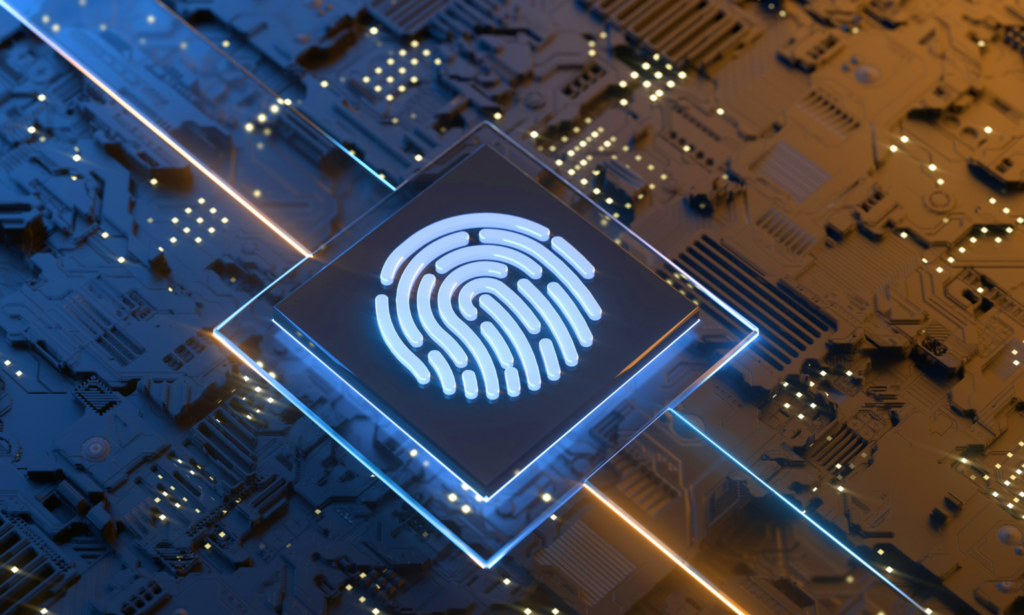Is using ChatGPT plagiarism? Since the AI-powered chatbot ChatGPT has shaken up the academic world, this question has been on the minds of many students and teachers.
If you use ChatGPT to create your academic assignments, do you run the risk of being accused of plagiarism and failing your subject?
Today, we will delve into this question in detail so that you know exactly what you can do with ChatGPT and what you should avoid.
The definition of plagiarism
In order for us to form an opinion about texts generated by ChatGPT, we first need to define what plagiarism is.
The University of Oxford, for example, defines it in their University policy as “‘the copying or paraphrasing of other people’s work or ideas into your own work without full acknowledgment.”
This definition can serve as the basis for a classification of AI-generated texts.
Is using ChatGPT plagiarism?
From my point of view, it makes sense to distinguish between 3 forms of using ChatGPT.
#1 Using ChatGPT for grammar and spelling checks
Let’s say you write your own text and use scientific sources that you cite as usual. Now you ask ChatGPT to optimize this text you have written.
The AI program could, for example, check grammar and spelling, find synonyms, or paraphrase the text to make it sound more scientific.
Is this considered plagiarism?
No. You are the intellectual author of the text and have indicated the references on which you base your argument correctly. This is not plagiarism. Grammar-check software or a human editors have existed for ages and do not lead to plagiarism either.
#2 You paraphrase text from another source using ChatGPT
Of course, you could also come up with the idea of having ChatGPT rewrite a text from another source. Now it depends on whether you make the original source visible or not. That was the decisive criterion before ChatGPT and still is.
Case 1: You indicate the original source (indirect quotation)
Paraphrasing is a technique of scientific work and, with correct indication of the original source, is nothing other than an indirect quotation. If you use ChatGPT in this way, you are not committing plagiarism.
However, you should ask yourself to what extent ChatGPT can help you in this case. A meaningful indirect quote is perhaps 1-3 sentences long. Paraphrasing longer text passages and thus several lines of thought in a row makes little sense.
This is because if you copy more than one thought from another source you are leaving the realm of what is considered good academic work.
After all, one criterion for evaluating scientific work is your ability to develop your own lines of thought and unique arguments.

Case 2: You do not indicate the original source (plagiarism)
If you have ChatGPT paraphrase text from another source and do not indicate the original author, then of course this is considered plagiarism.
Now we come to the most exciting case.
#3 You use ChatGPT to generate new text
What is so special about ChatGPT is that the program can not only paraphrase but also generate text. If you now present a text created by AI as your own, are you committing plagiarism?
Let us recall the definition of plagiarism. The following questions arise:
- Can we consider ChatGPT as “other people”?
- Is using ChatGPT intellectual property theft?
- Is copyright being violated?
You are welcome to disagree with me in the comments, but I think the answer to the first question is no.
An artificial intelligence is not a person. This is precisely the decisive characteristic of an AI. That is why no intellectual property theft or plagiarism can take place here as it used to be defined.
The answer to the second and third question is not quite clear. After all, ChatGPT also uses sources, e.g. from the internet, but does not indicate them. If you were to do the same work, you would have to indicate these sources in order not to commit plagiarism.
Therefore, it would be advisable to ask ChatGPT about the sources on which the generated text is based, to check them manually and to indicate them when using the generated text.
An even better way would be to limit one’s use of ChatGPT to optimizing language and avoiding the risk of generating text without knowing its sources.
Preliminary conclusion
We have seen that you can use ChatGPT in different ways. How you use ChatGPT determines whether you are plagiarizing or not.
Now comes the big BUT.
When evaluating academic assignments, plagiarism is not the only criterion.
What do I mean by that?
You can use ChatGPT as a tool for your scientific work and not commit plagiarism, but still violate the University policy.

ChatGPT Plagiarism Scanners
Most Universities have not made up their minds about how to deal with ChatGPT. Some have dabbled around with ChatGPT scanners, which is total non-sense in my opinion.
With the help of mathematical models, these scanners can give examiners a probability of whether a text was generated by an AI.
In addition, Open AI, the company behind ChatGPT itself, now offers a ChatGPT plagiarism scanner that can detect ChatGPT texts.
These scanners can always be circumvented with certain tricks. A development in this direction would therefore be a constant arms race, which the software developers would probably laugh about the most.

Redefining plagiarism
The University of Oxford, for example made up their mind. They introduced a new plagiarism policy that states the following:
“Plagiarism is presenting work or ideas from another source as your own, with or without consent of the original author, by incorporating it into your work without full acknowledgement. All published and unpublished material, whether in manuscript, printed or electronic form, is covered under this definition, as is the use of material generated wholly or in part through use of artificial intelligence (save when use of Artificial Intelligence – AI for assessment has received prior authorisation e.g. as a reasonable adjustment for a student’s disability).”
Ok, this is as clear as it can get!
But what happened here? The University of Oxford simply changed the definition of plagiarism!
I think a better way would be to keep those things separate. Instead of changing the definition of plagiarism, they could just introduce an AI policy.
Other Universities might disagree with this definition and allow the use of AI. But at this point nobody agrees upon the definition of plagiarism anymore.
Universities could choose a very different path. Banning ChatGPT could be considered counterproductive. How can you prepare students for a world with AI if you ban it from universities?
Things like ChatGPT could still be allowed as a tool, but the exam formats might change. There could be more oral exams or less scientific papers, which then have to be empirical, for example.
What do you think? Is should using ChatGPT be considered plagiarism? Please let me know in the comments.
The Key Take-Away for You
The key take-away concerning your academic assignments is to check the AI policy of your University, because policy and plagiarism are not the same.
